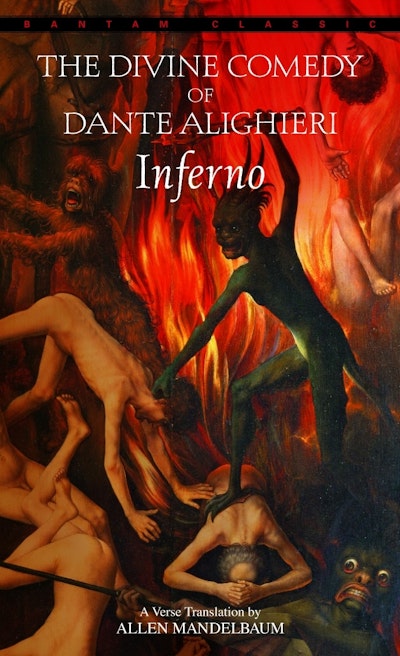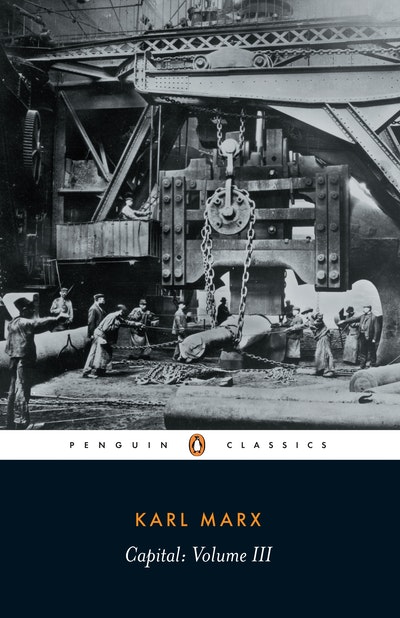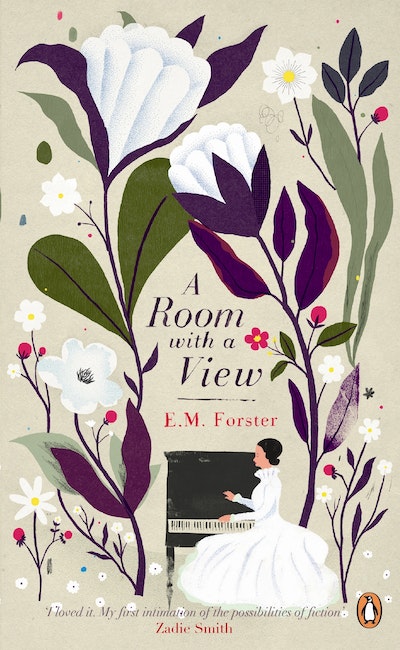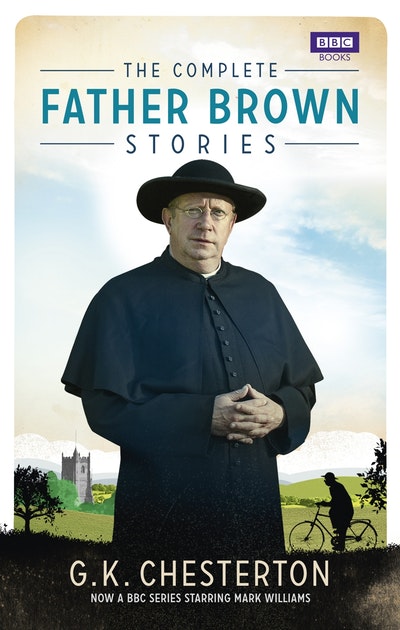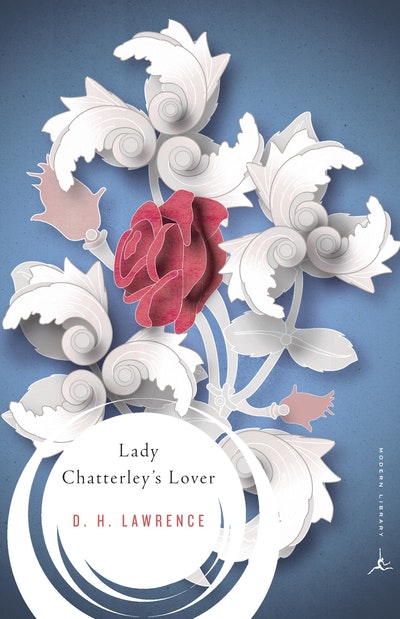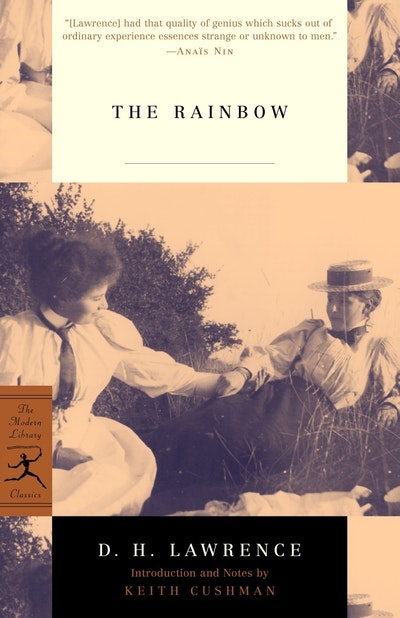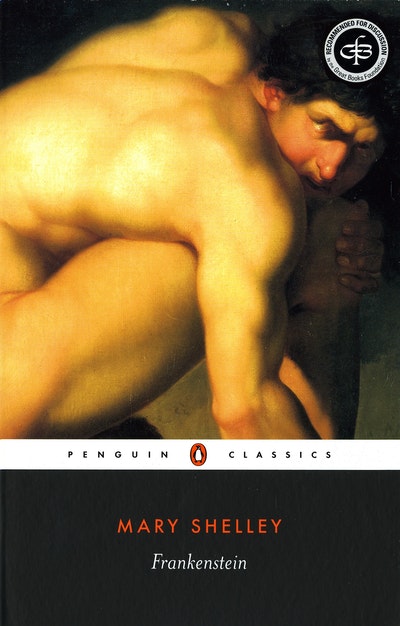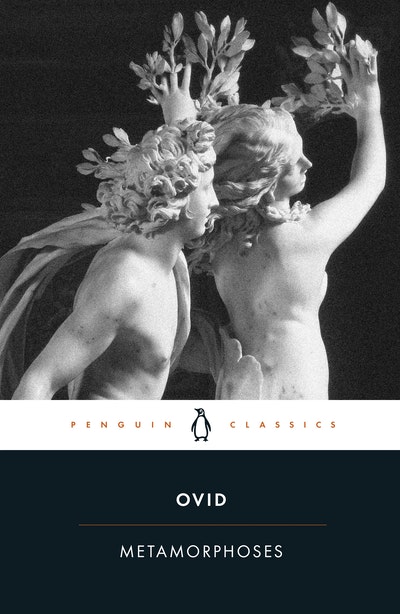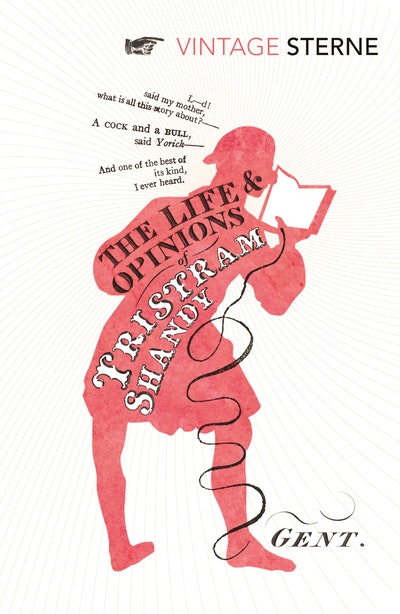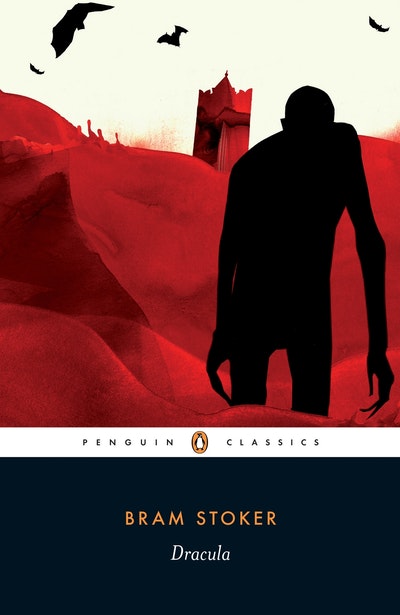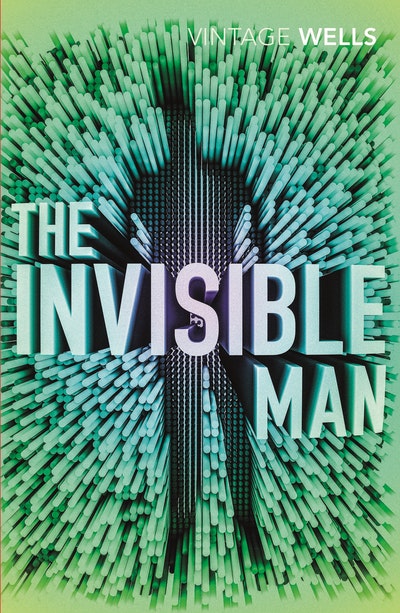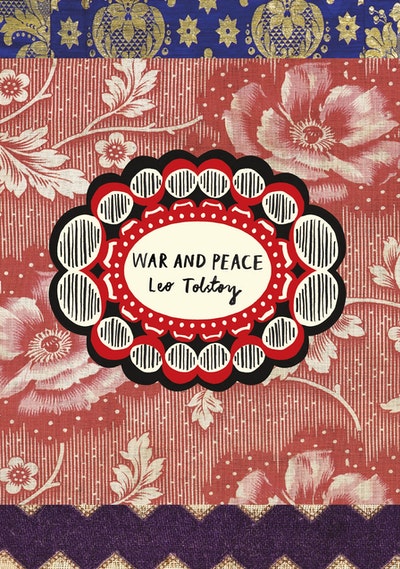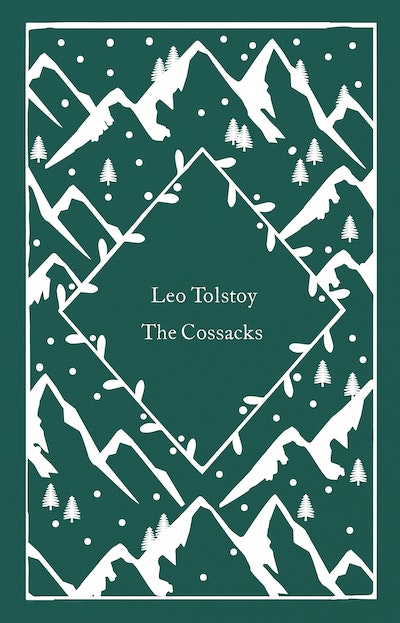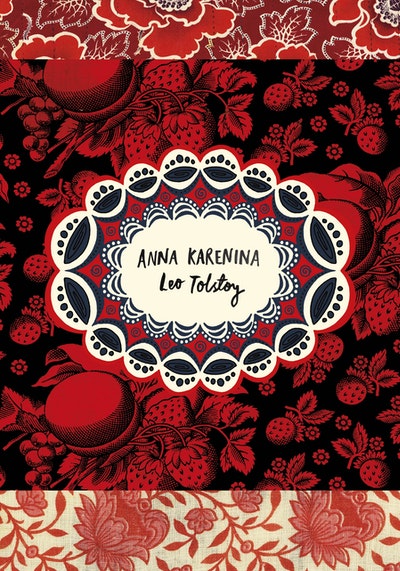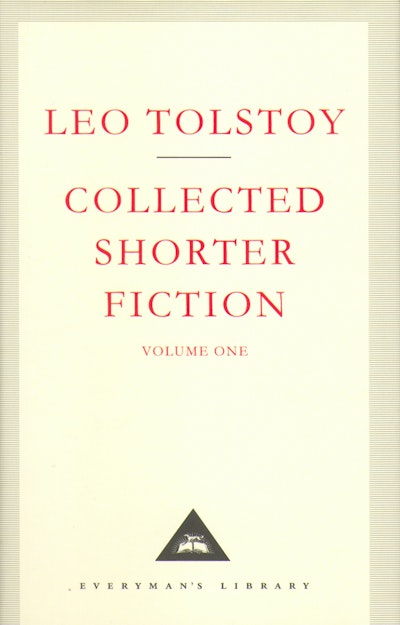- Published: 3 April 2008
- ISBN: 9780140449617
- Imprint: Penguin Classics
- Format: Paperback
- Pages: 352
- RRP: $30.00
The Death of Ivan Ilyich and Other Stories
Magnificent new translation of Tolstoy's fiction by the acclaimed duo behind War and Peace.
At the age of forty-one, Leo Tolstoy (1828-1910) underwent a profound spiritual crisis, from which he emerged believing that he had encountered death itself. These seven compelling stories explore, in very different ways, his subsequent preoccupation with mortality. 'The Death of Ivan Ilyich' is a devastating account of a man fighting his inevitable end, and asks the existential question: why must a good person be taken before his time? In 'Polikushka', a light-fingered drunk's chance to prove himself has tragic repercussions, while 'Three Deaths' depicts the last moments of an aristocrat, a peasant and a tree, and 'The Forged Coupon' shows a seemingly minor offence that leads inexorably to ever more horrific crimes. And in three tales about soldiers, 'After the Ball', 'The Wood-felling' and 'The Raid', Tolstoy portrays the brutality that all too often accompanies military life.
- Published: 3 April 2008
- ISBN: 9780140449617
- Imprint: Penguin Classics
- Format: Paperback
- Pages: 352
- RRP: $30.00




















